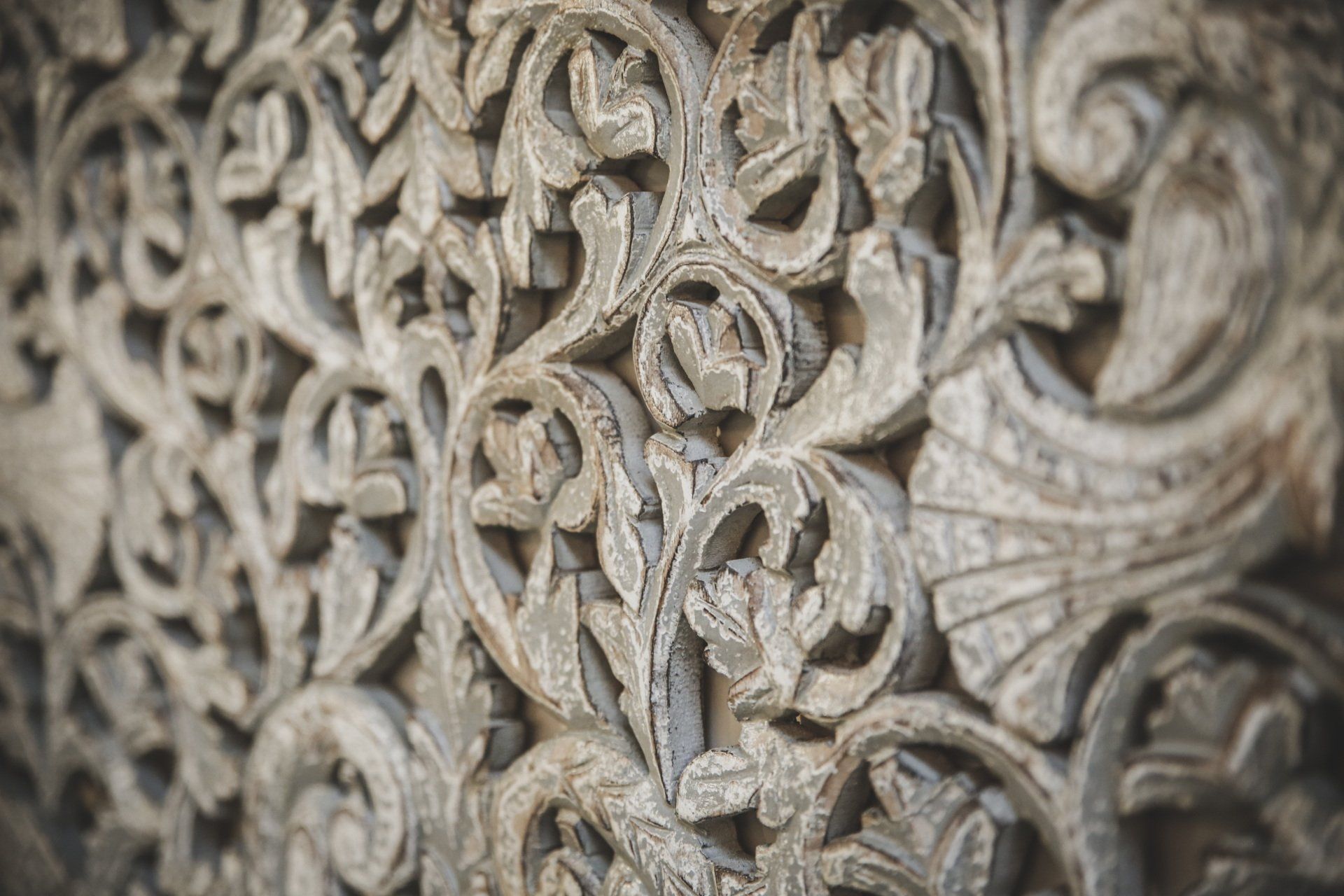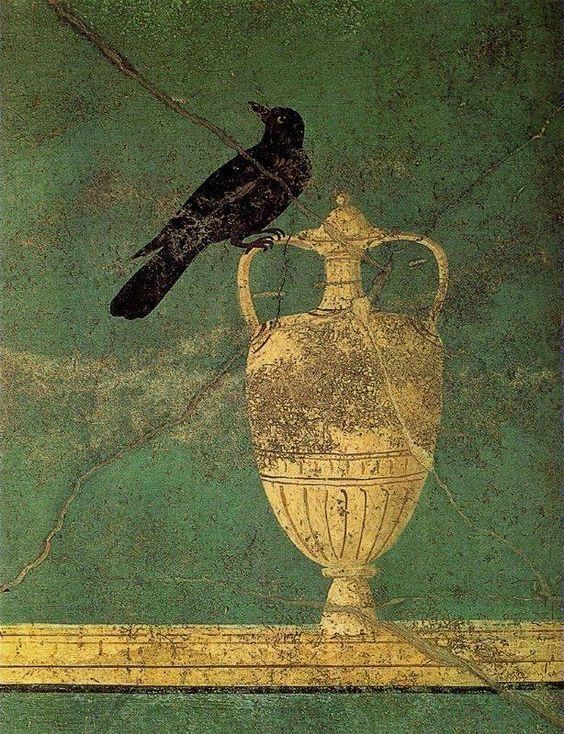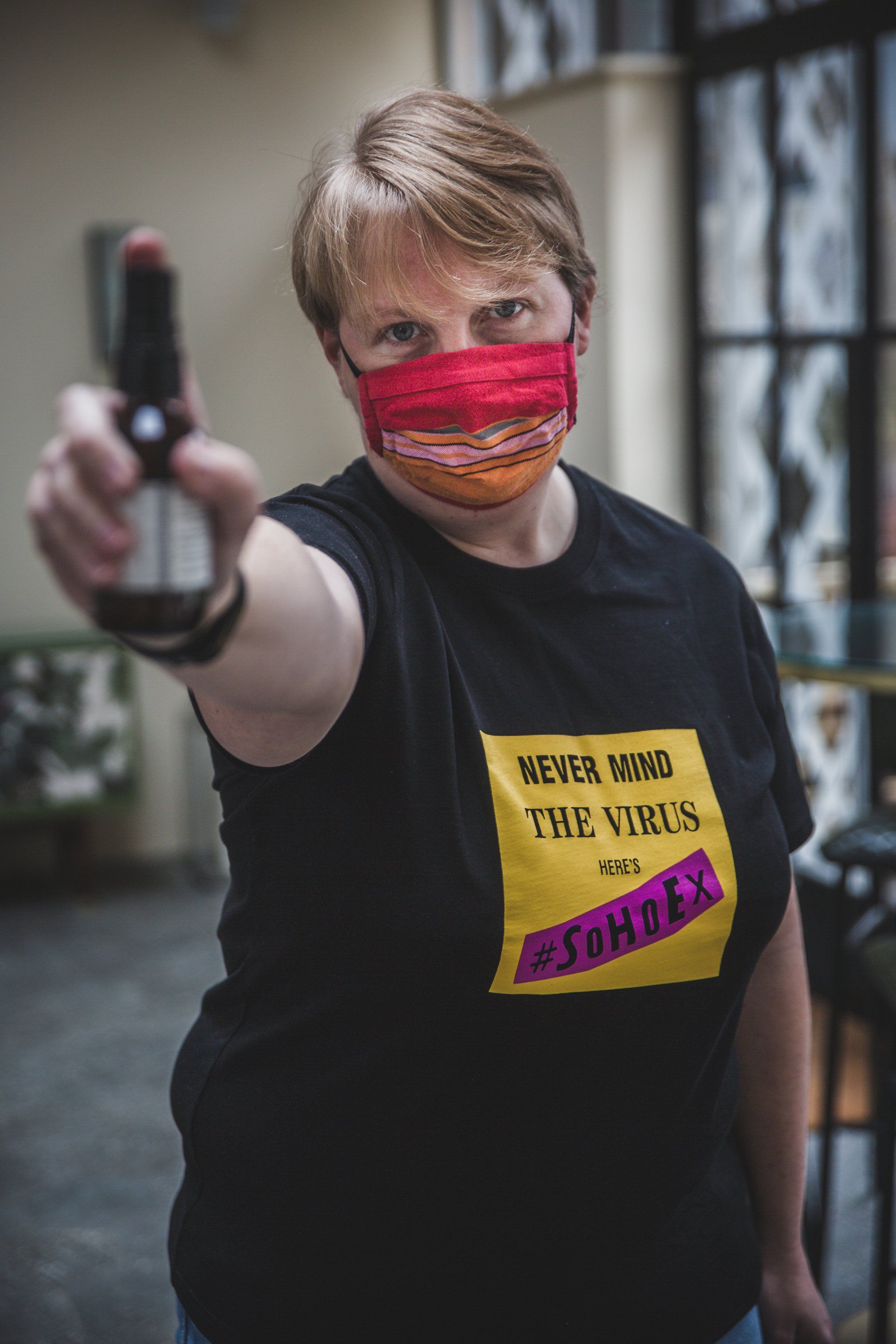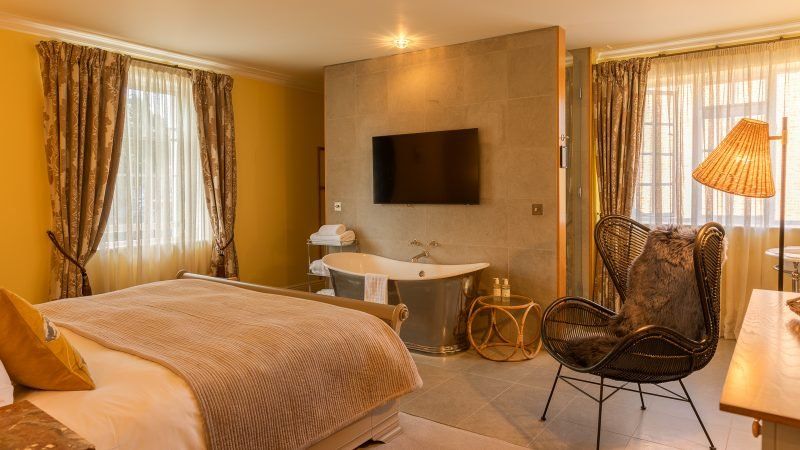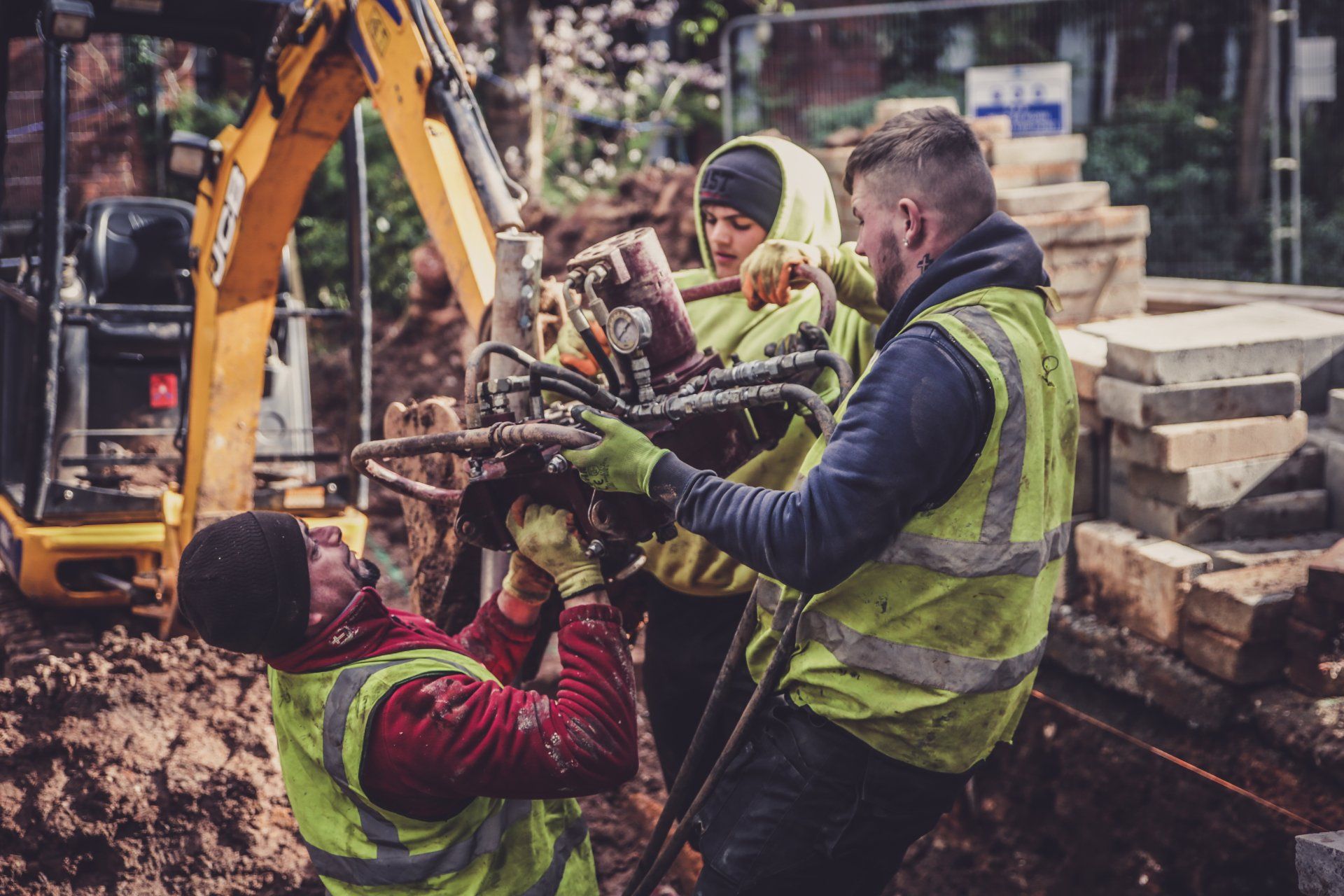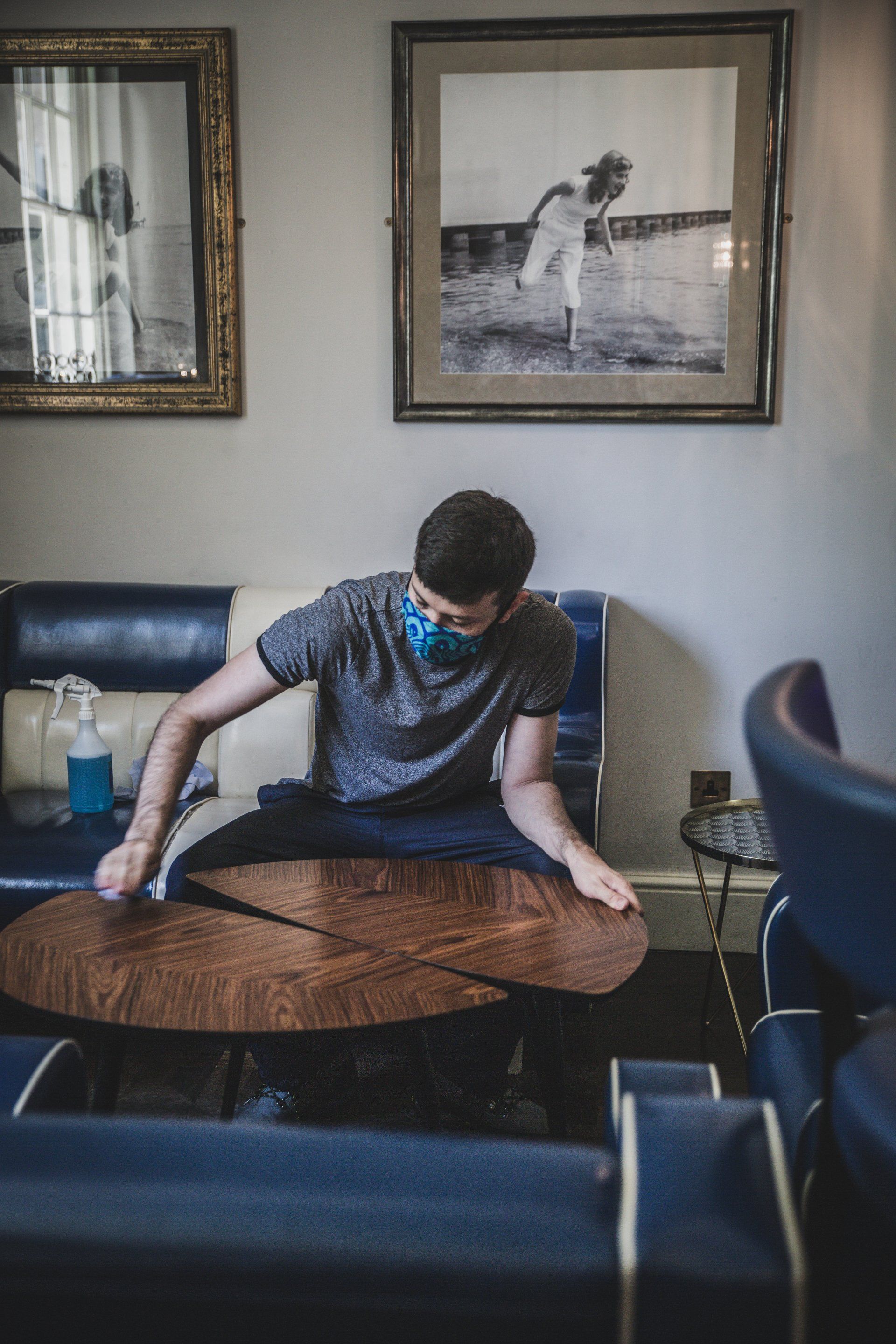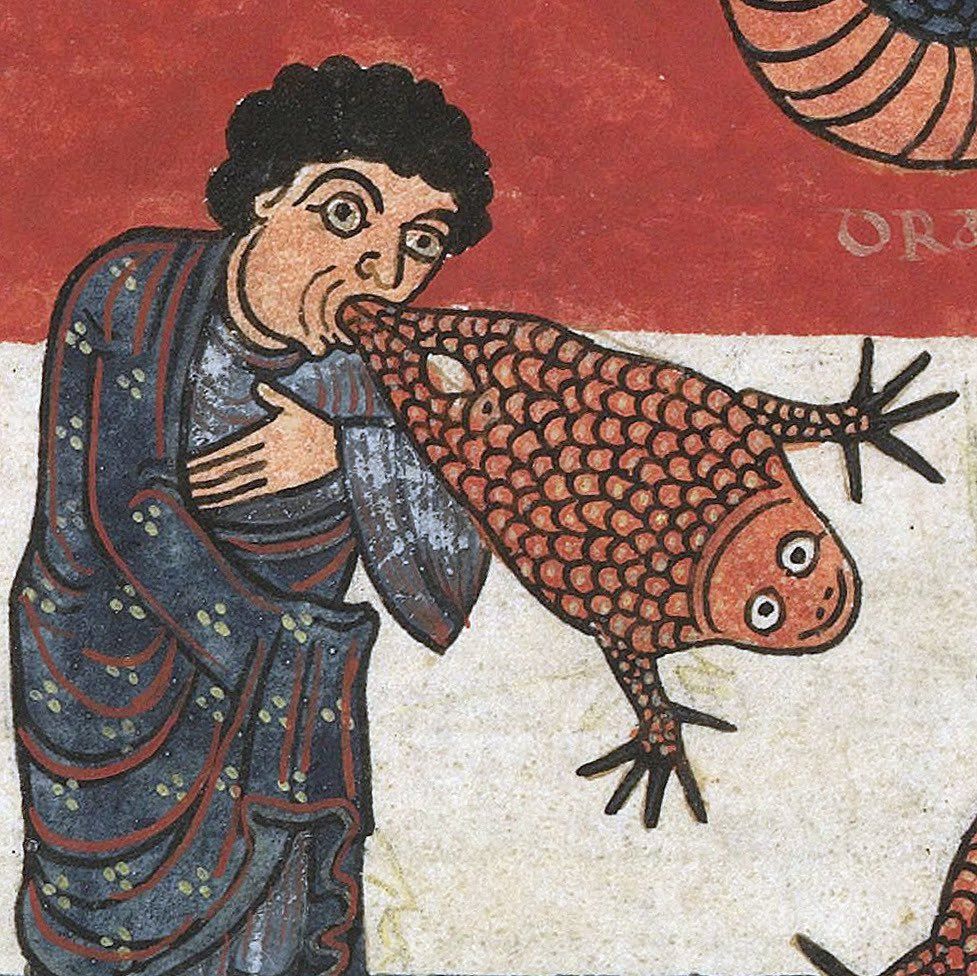
CONTACT
Tel: 01392 439 000
Email: home@southernhayhouse.com
Southernhay House Hotel
36 Southernhay East
Exeter, EX1 1NX
A Tale of Two Cities
"There is a tide in the affairs of men. Which, taken at the flood, leads on to fortune." Which Baring brother are you?
Let me take you from the world of international finance down an historical rabbit hole back to the heart of pre-industrial Devon. Scene 1: it’s 26th February 1995 and trader Nick Leeson, based out of Singapore, has just toppled the oldest merchant bank in the UK. We gasped at the lack of scrutiny by the bank, the chutzpah without charm of the rogue trader. Leeson was trading in futures with no grasp on tomorrow.
Flashback: it’s 1717 and 20 year-old Johann Baring arrives in Exeter from his hometown of Bremen. George I is on the throne and you know the gregarious, social climbing, grasping Georgians are some of my favourite people. Johann is taking an apprenticeship in wool trading and this was big in Devon at the beginning of the 18th century. I could go on about the loveliness of wool and its importance in the economy of Devon: production involved the whole family – from farming, shearing, carding to spinning and weaving, everyone had a role. And each family’s small-scale production fed into the markets of the county and from there to Exeter, for export around the country and the world.
Step into the story 25 year-old Elizabeth Vowler, only child and heiress of John Vowler, a rich “grocer”, importing tea and sugar. Elizabeth had a dowry of £20,000, or over £4m today. But don’t dismiss John as a gold digger – by now he’s a British citizen with a British name – he bided his time and he didn’t marry Elizabeth just for her money. Doubtless there was mutual attraction, and all the more strongly because she had been a silent partner in her father’s business. It was a match of equals and Elizabeth was an important commercial player both before and after her husband’s early death, in 1748.
The couple had five children, two of whom, I think, symbolize a turning point in Devon’s history. The oldest, John junior, was 18 when his father died, Francis just 8. Elizabeth continued running the family business, now worth £40,000.
Now it gets interesting, since the Industrial Revolution was just around the corner and very few people in Devon sensed it yet. Young Francis was sent away to London, first at school and then apprenticed to a leading cloth merchant with direct experience of the new mechanical cloth spinning trade. John, just 10 years’ older, missed that opportunity boat. On Christmas Day 1762, Elizabeth lent her sons the seed capital to found a bank. Well, two banks; Francis Baring of London and John Baring of Exeter. The idea was that London would find a market to sell the wool produced in Devon, via the Exeter bank. This was the first merchant bank in the UK and just the second in Europe.
Grasping the opportunities available in London, Francis expanded into financial services and, yes, slaving. In 1774, Barings was doing business in the US, positioning itself before Independence. Think of the turmoil of those times, recently matched by our own. Revolutions, the Napoleonic Wars: a fertile breeding ground for innovation. In 1802 Barings facilitated the purchase by the USA of Louisiana from the French, “one of the most historically significant trades of all time”, for $15,000,000, most of it in US bonds technically sold by Napoleon to Barings and sold on with a profit of 12.5%. It almost doubled the size of the USA and financed Napoleon’s war effort against Britain. The pursuit of money rarely aligns with the national interest.
So what happened to John? This is a domestic story, as his wife of just 8 years died in 1765, leaving him with six children. All of John’s focus returned to Exeter, where he lived (and bought a lot of it) until his death at a good old age, in 1816.
This is what I mean by the brothers representing a turning point: Francis went to London, made a fortune, got a peerage and leapt feet-first into new trades and politics. John chose a quieter life based on what he already knew and what he had learned from his parents. By the end of their lives they were virtually living in different ages, as were their respective home cities.
The Industrial Revolution didn’t work for Devon; we’re founded on farming, fishing and food. More recently, people have flocked to Devon for pleasure not dark satanic mills. But, like the Baring brothers, we’re living through a combination of global turmoil and new technologies. Has the pull of London waned? Will the ebb draw ambition and talent back to Devon in future?

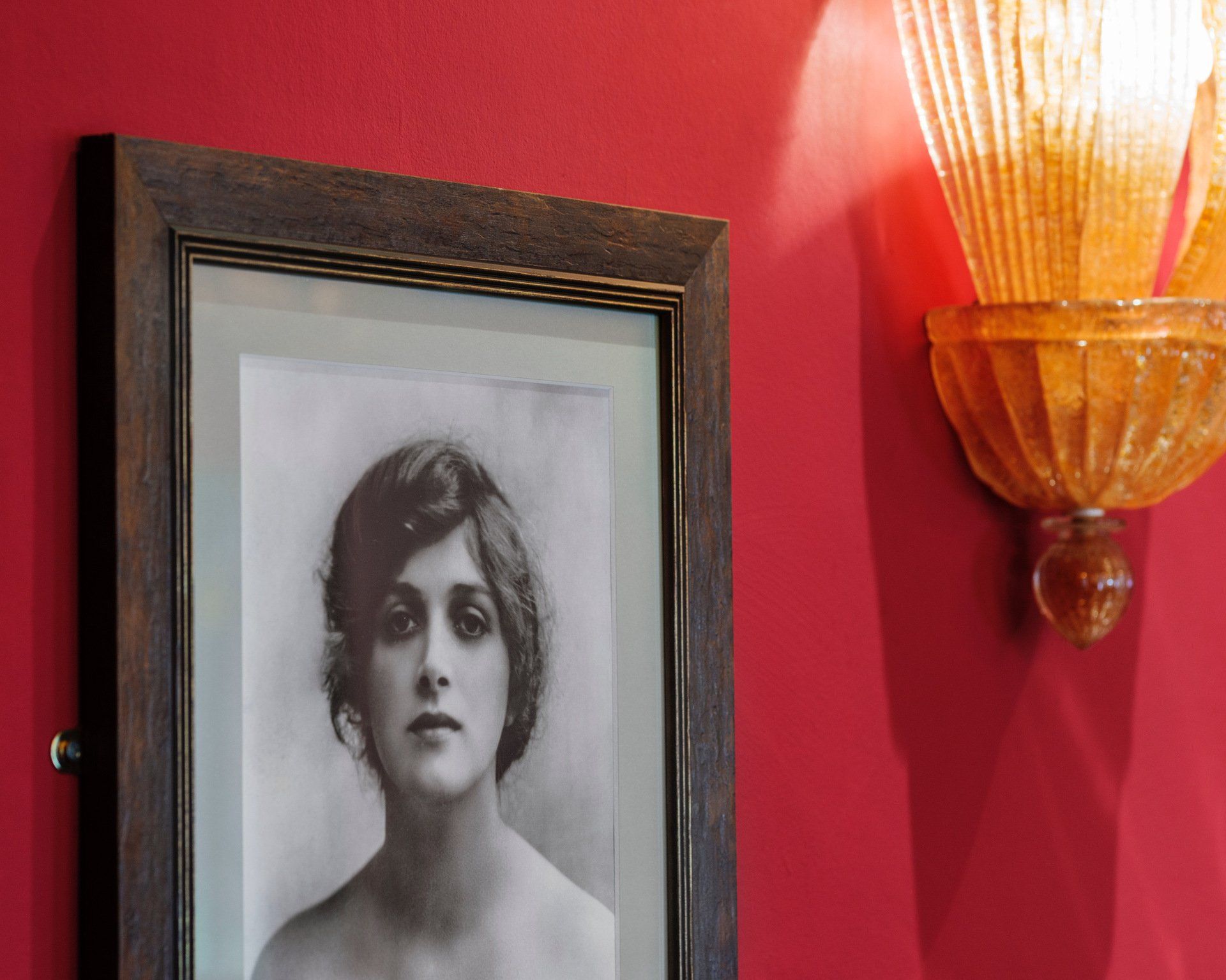
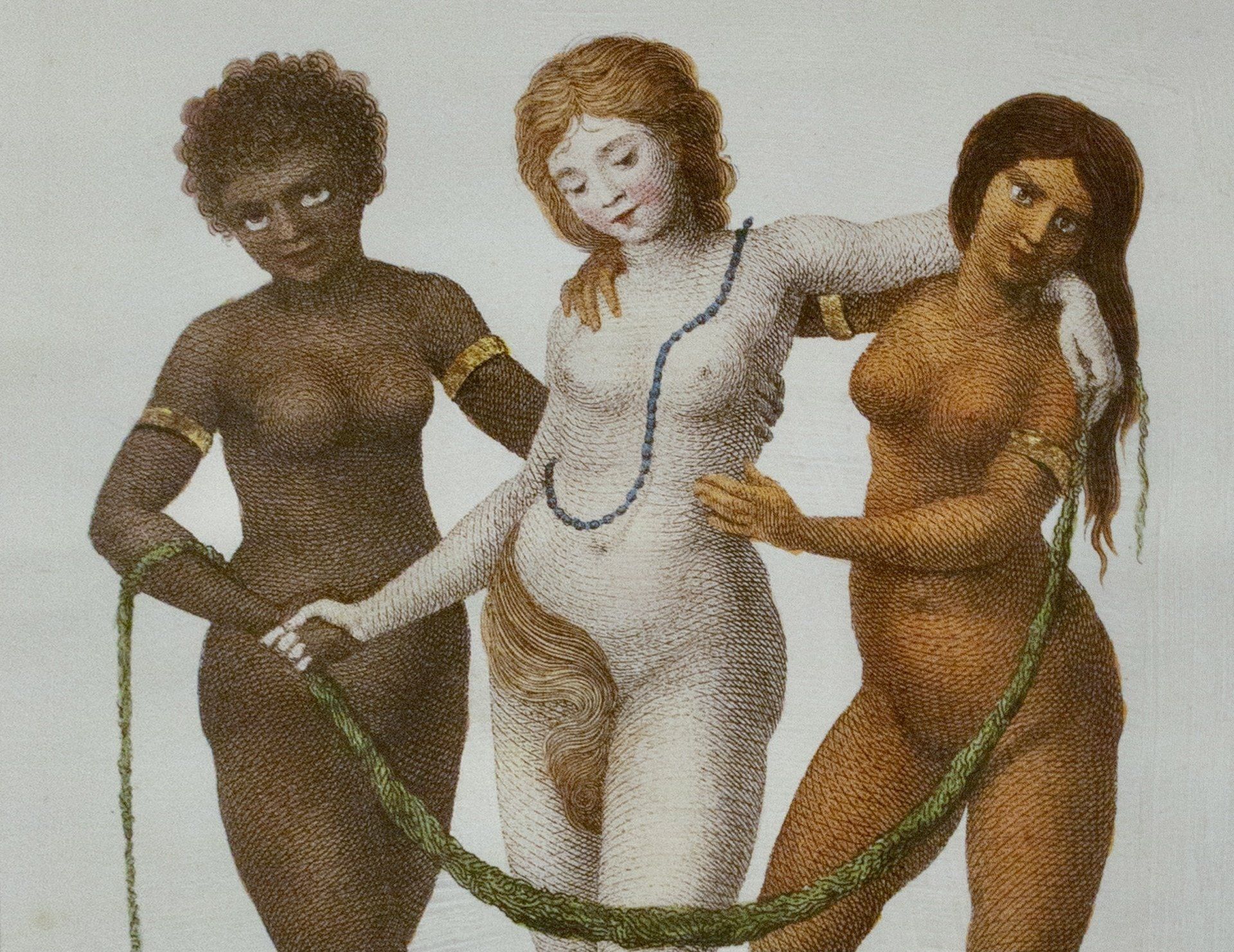
We are Open!
- Monday
- -
- Tuesday
- -
- Wednesday
- -
- Thursday
- -
- Friday
- -
- Saturday
- -
- Sunday
- -
Subscribe for the latest news and events
Subscribe to Get Our Special Offers
Thanks for subscribing. You'll be the first to hear about new items and special offers.
Please try again later.
All Rights Reserved | Southernhay House Hotel Limited
DESIGN by Initiate Creative
